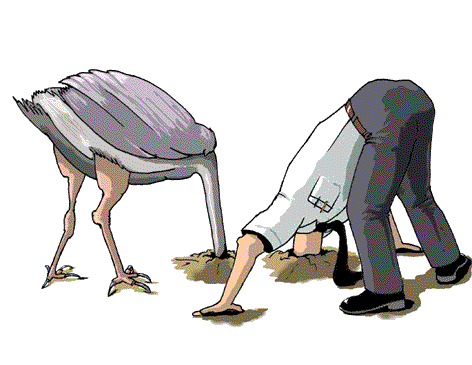Body Dysmorphic Disorder (BDD) is a severe mental health condition characterized by an obsessive focus on perceived flaws in one’s appearance, often leading to significant distress and impairment in daily functioning. While Cognitive Behavioral Therapy (CBT) has been the gold standard treatment for BDD, many individuals do not respond adequately to this approach. Recent research suggests that shame plays a critical role in the development and maintenance of BDD symptoms. Therefore, targeting shame directly may enhance treatment outcomes for those suffering from this debilitating disorder.
In a pioneering study published in Behavior Modification, a team of researchers including Jason Luoma PhD, from Portland Psychotherapy, developed and tested an innovative therapeutic approach that combines Acceptance and Commitment Therapy (ACT) with compassion-focused approaches to address shame in individuals with BDD. This approach, called ACT with Compassion (ACTwC), is designed to reduce shame and self-criticism while increasing psychological flexibility and self-compassion.
The Role of Shame in BDD
Shame is a powerful emotion that involves seeing oneself as fundamentally flawed and unworthy. In BDD, this emotion is often tied to the perceived defects in one’s appearance, driving behaviors such as excessive mirror checking, comparing oneself to others, and social avoidance. These behaviors not only reinforce the negative self-view but also contribute to the persistence and severity of BDD symptoms. Research has consistently shown that higher levels of shame are associated with worse outcomes in BDD, including greater symptom severity, lower quality of life, and higher rates of depression.
Despite the clear link between shame and BDD, traditional CBT does not specifically target shame, focusing instead on changing maladaptive thoughts and behaviors. The researchers recognized this gap and sought to create a treatment that would directly address the underlying shame fueling BDD symptoms.
The ACT with Compassion Approach
ACT with Compassion (ACTwC) integrates the principles of ACT, which encourages individuals to accept difficult emotions and commit to actions aligned with their values, with compassion-focused elements. The treatment protocol developed by the team involves 12 individual therapy sessions, each about 60 minutes long, delivered over weeks.
The intervention includes psychoeducation about BDD and shame, mindfulness training, and experiential exercises designed to foster self-compassion and psychological flexibility. Patients are encouraged to confront and accept their feelings of shame rather than avoiding them, and to develop a kinder, more compassionate relationship with themselves.
Promising Results from the Pilot Study
The pilot study conducted by the researchers involved five participants diagnosed with BDD. The results were encouraging: four of the five participants showed significant reductions in BDD behaviors and self-criticism by the end of the treatment. Moreover, three participants reported decreases in body-related shame, and these improvements were maintained at a six-month follow-up.
In addition to reductions in shame and self-criticism, participants experienced significant improvements in overall BDD symptoms, depressive symptoms, and quality of life. The treatment was well received, with participants rating it as highly credible and expressing satisfaction with the therapy.
Implications for Future Treatment
The findings from this study suggest that ACT with Compassion could be a promising new approach to treating BDD, particularly for individuals who struggle with intense shame and self-criticism. By directly targeting these underlying emotional drivers, this approach may offer a more effective treatment option for those who have not responded to traditional CBT.
As with any new therapeutic approach, further research is needed to confirm these findings and to refine the treatment protocol. Larger, randomized controlled trials will be necessary to establish the efficacy of ACTwC compared to other treatments. However, the initial results are promising and suggest that this approach could help improve the lives of individuals suffering from BDD.



